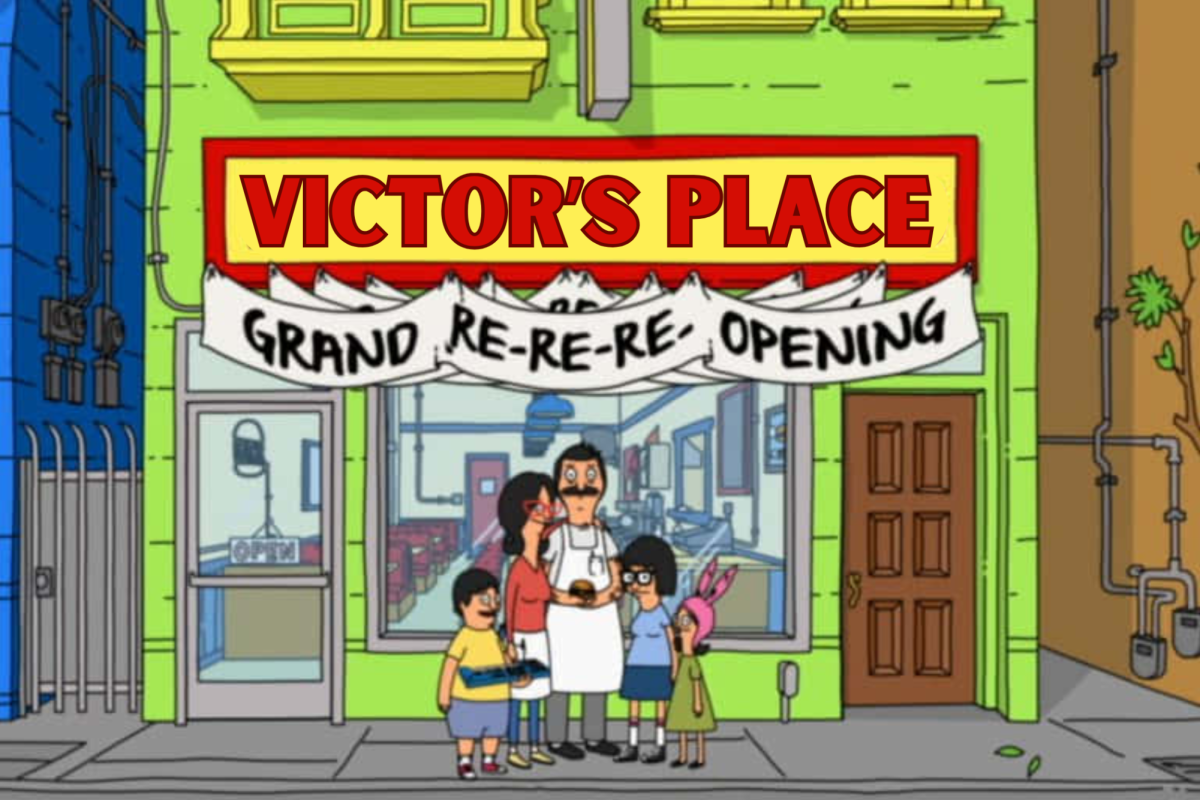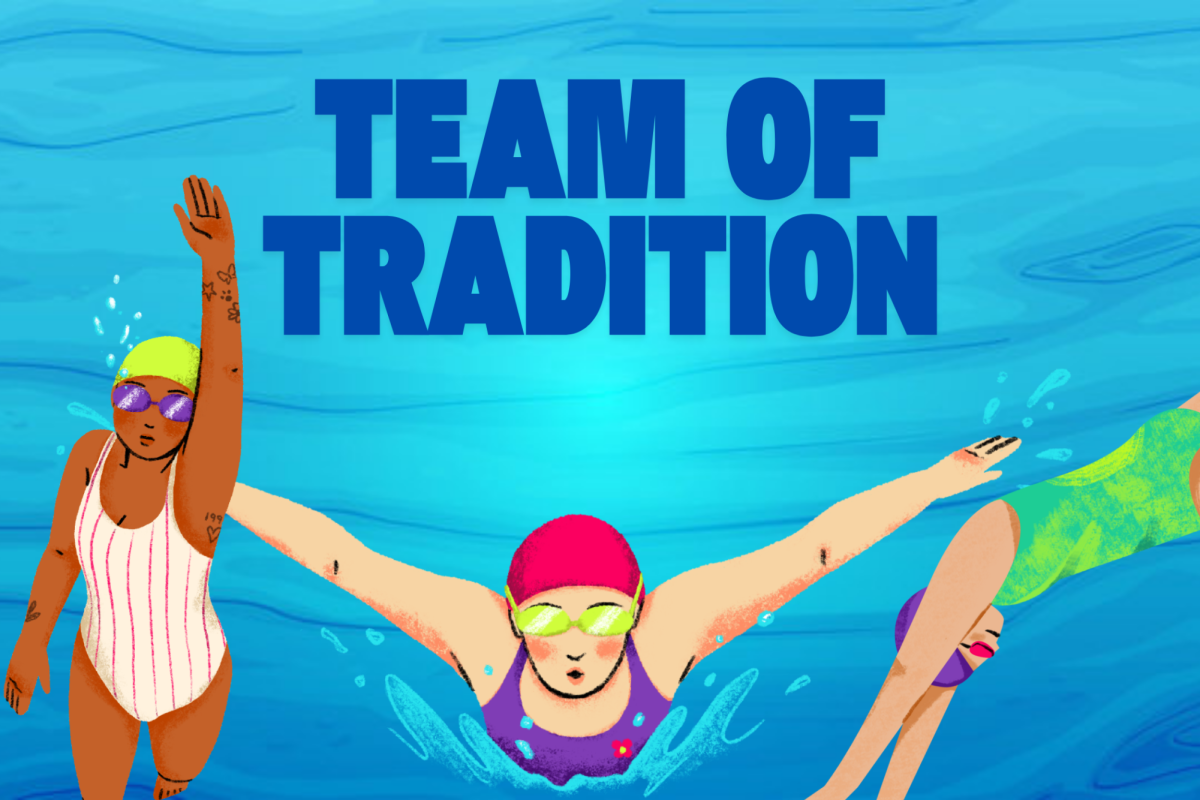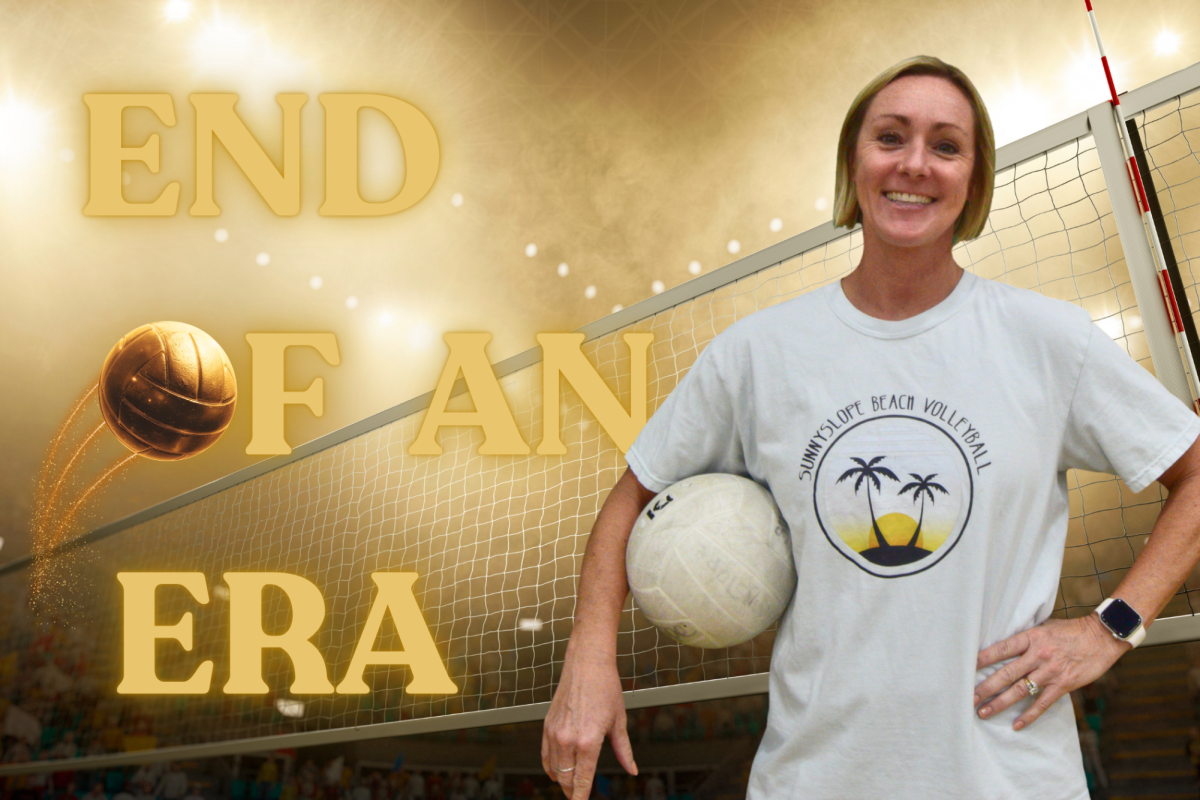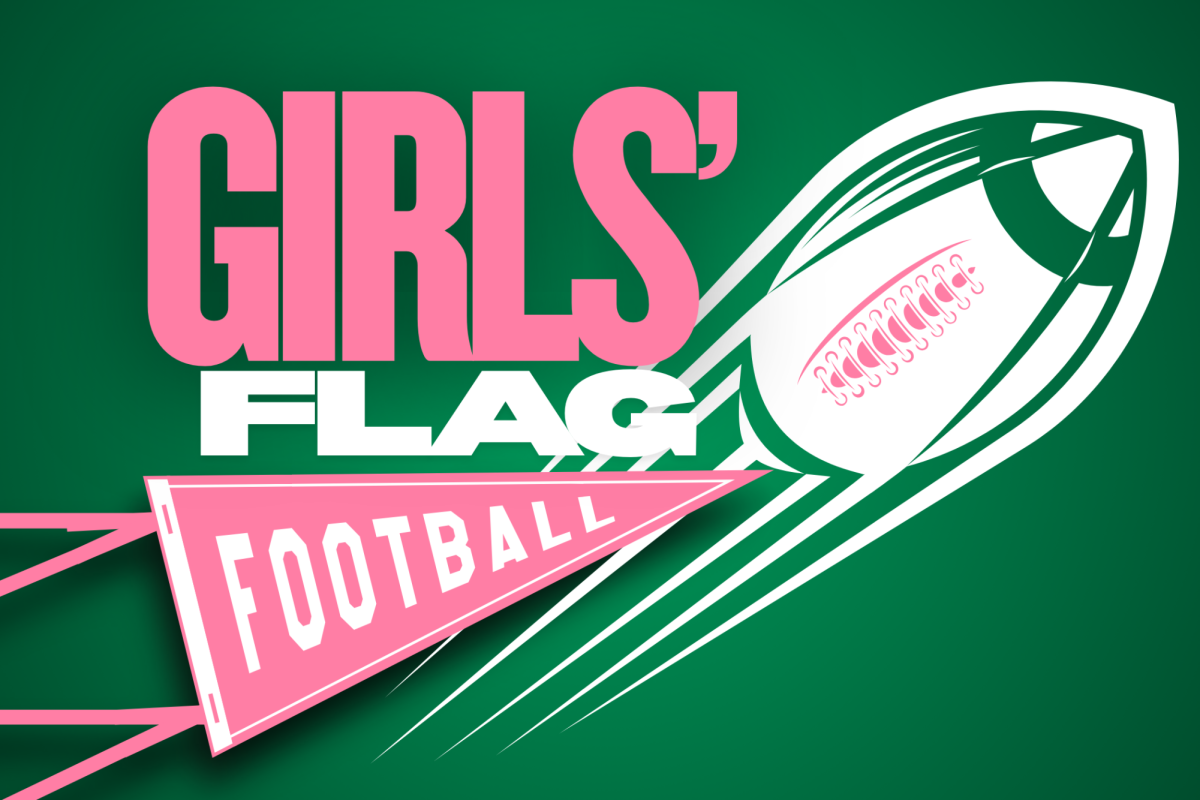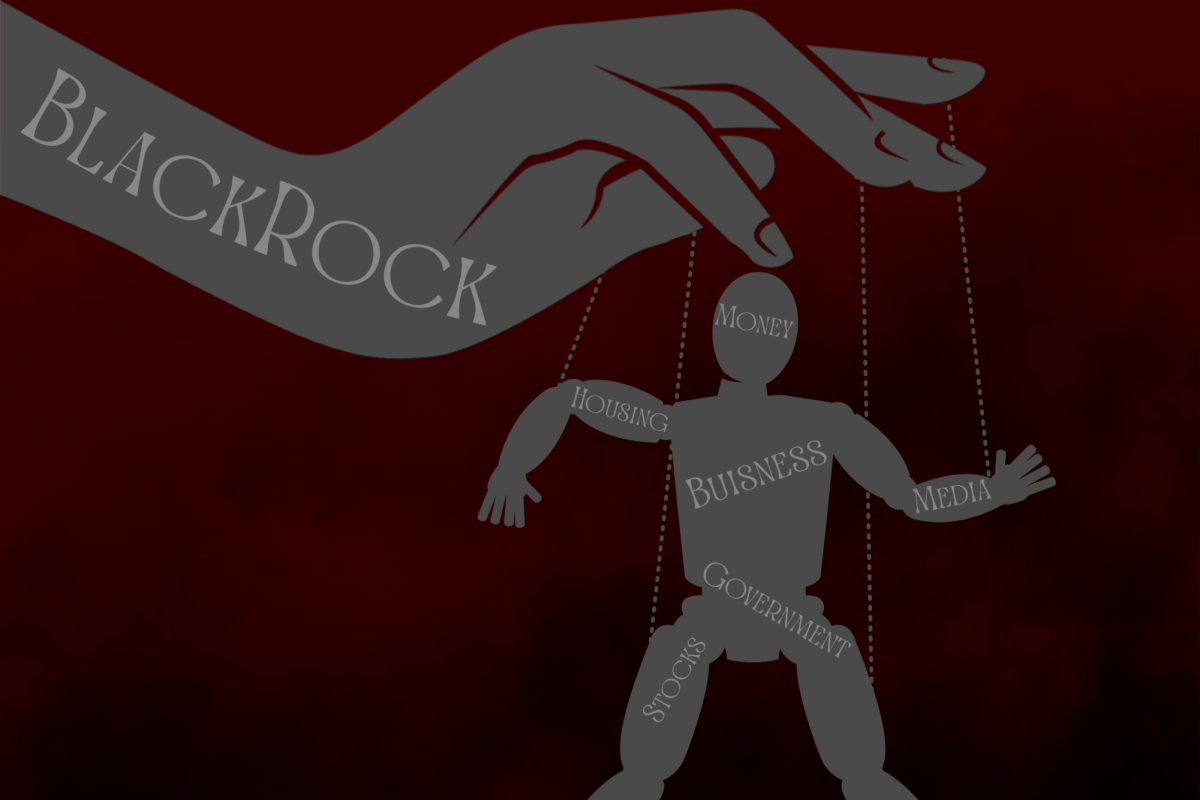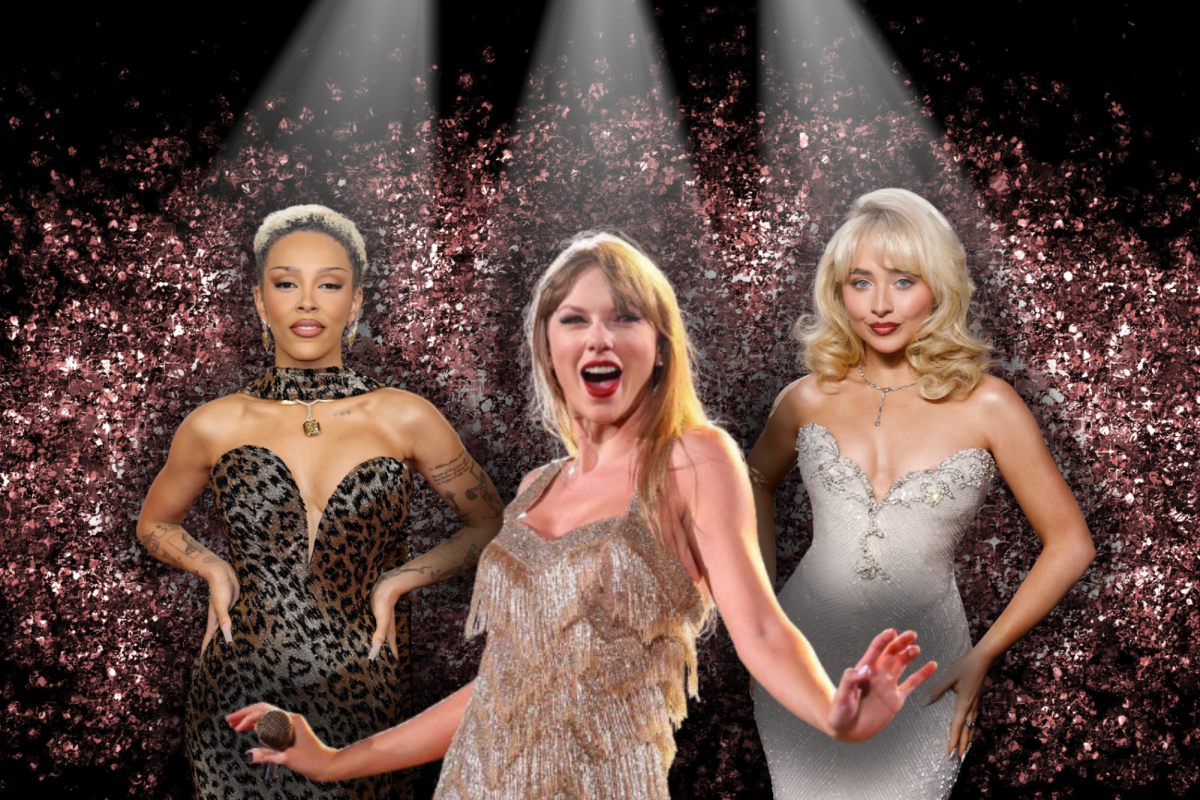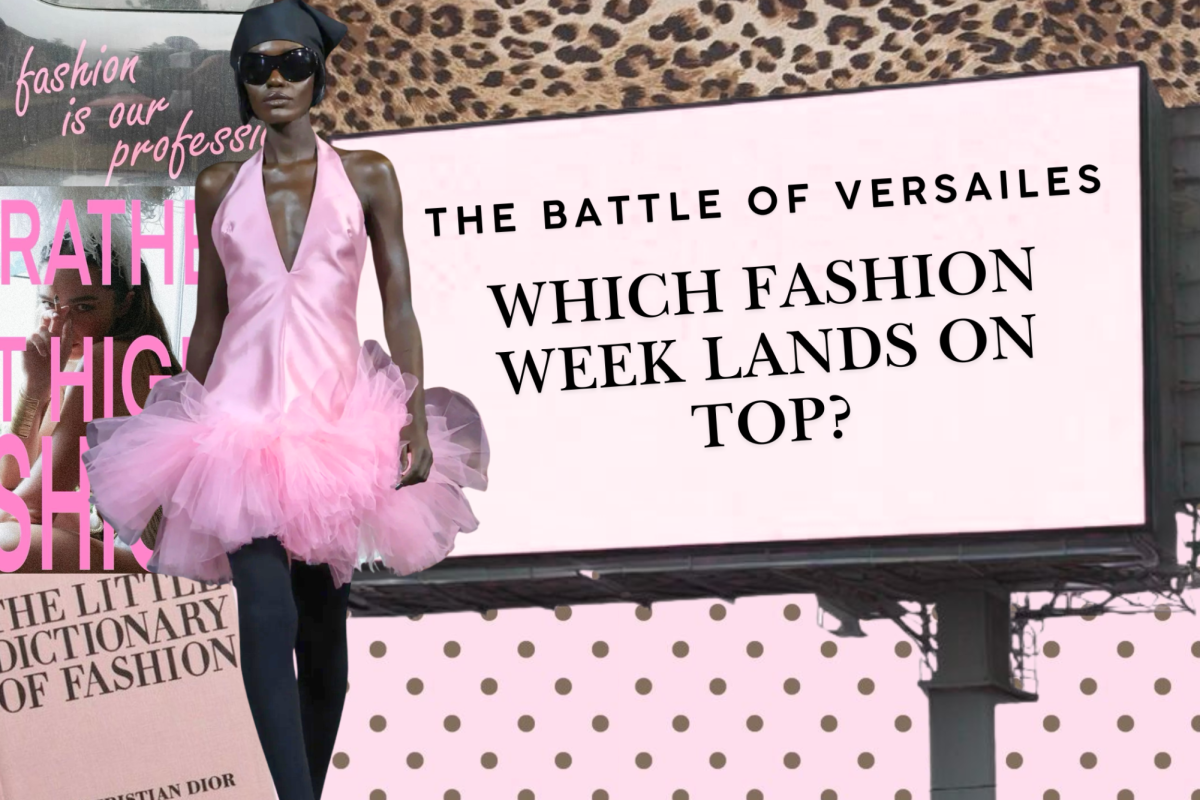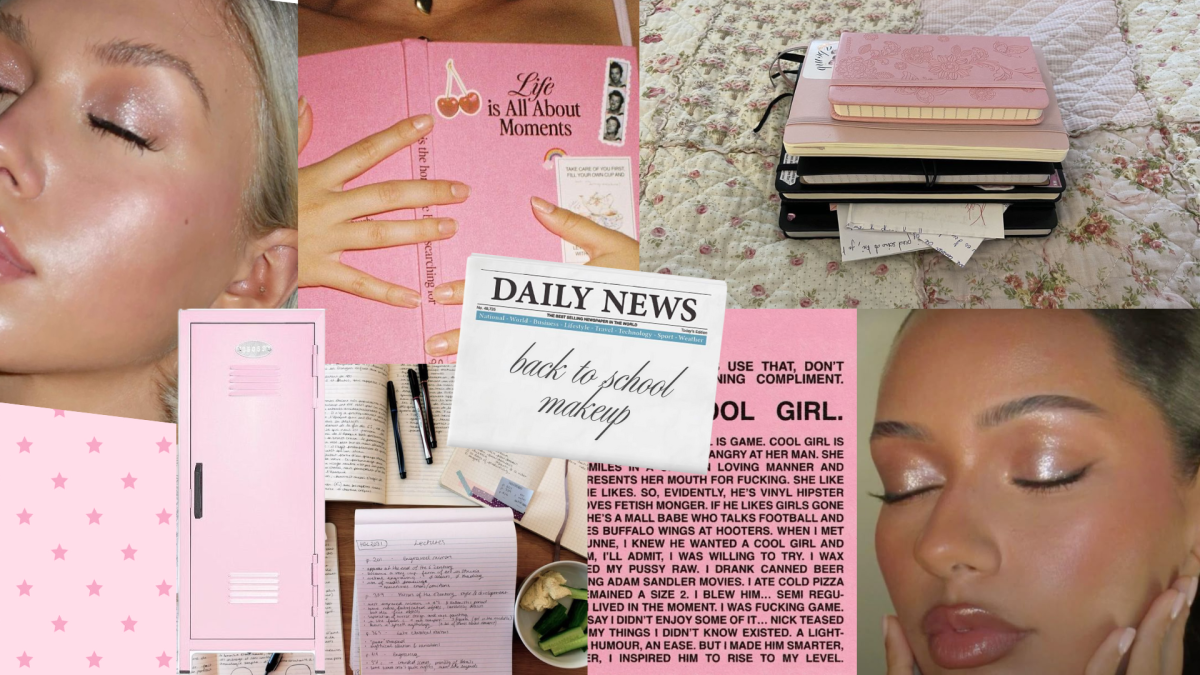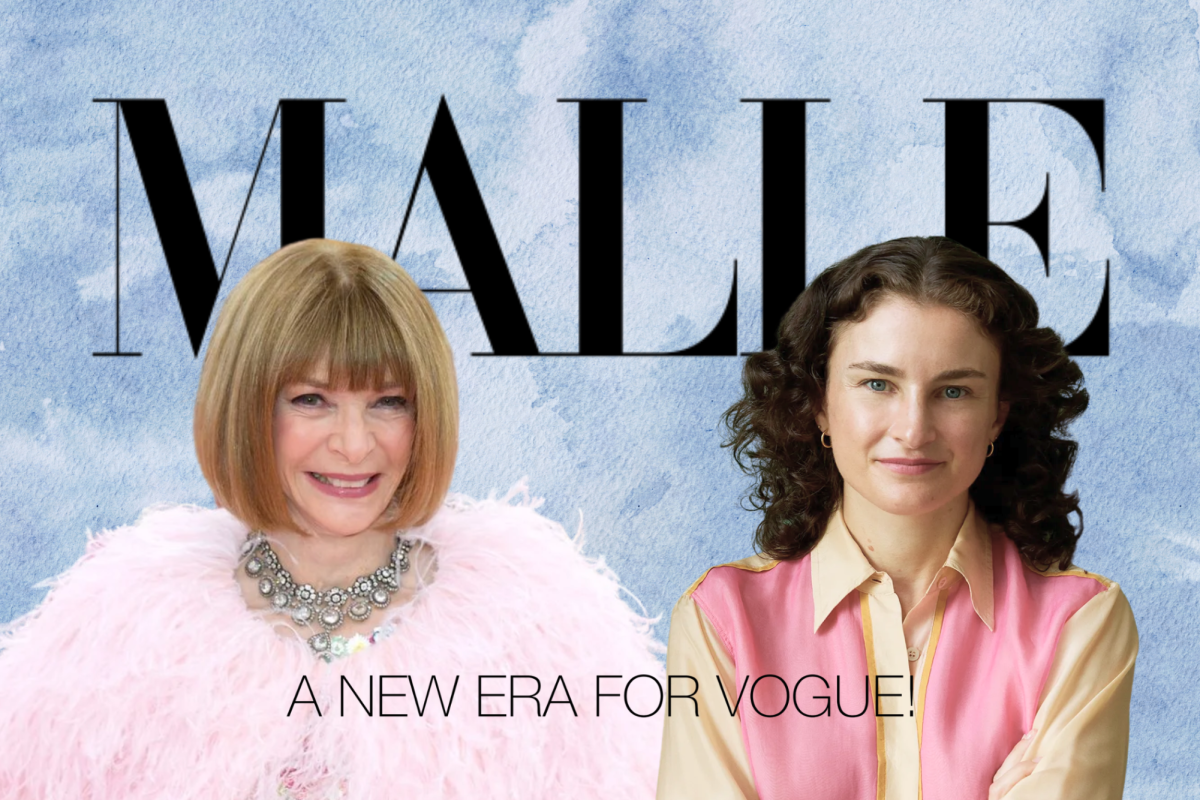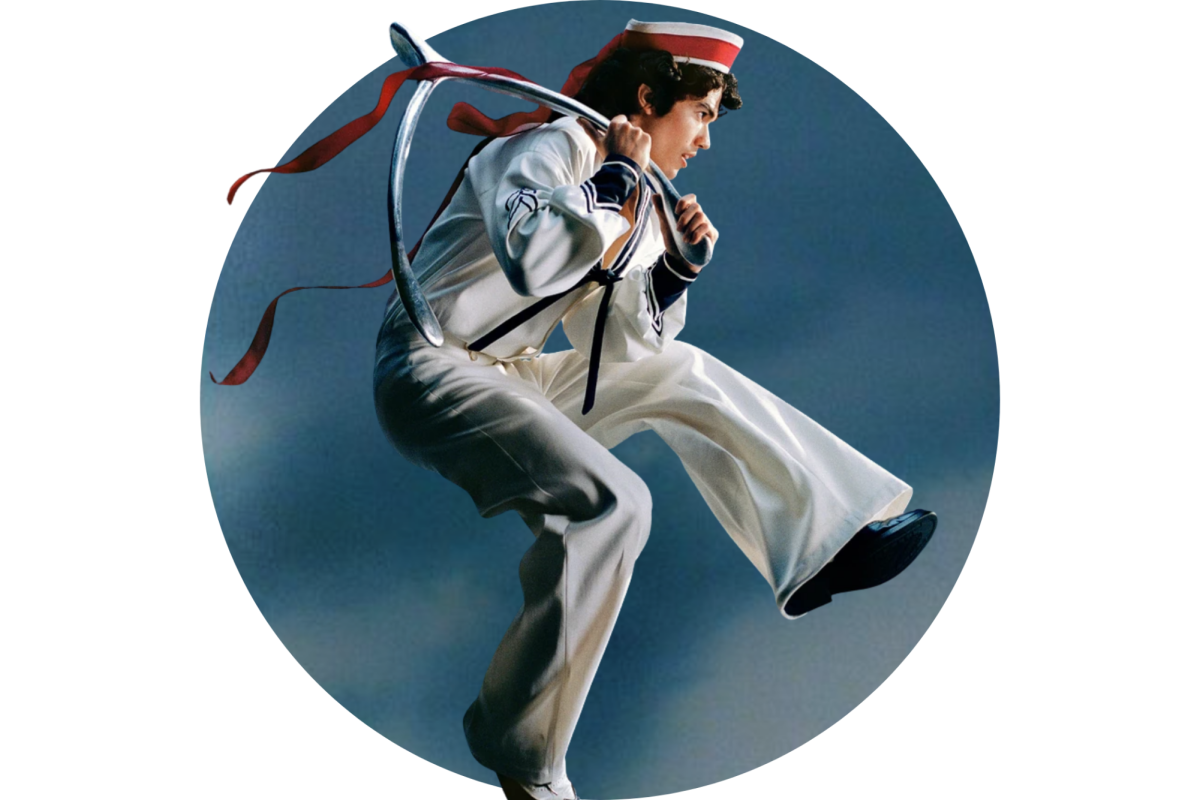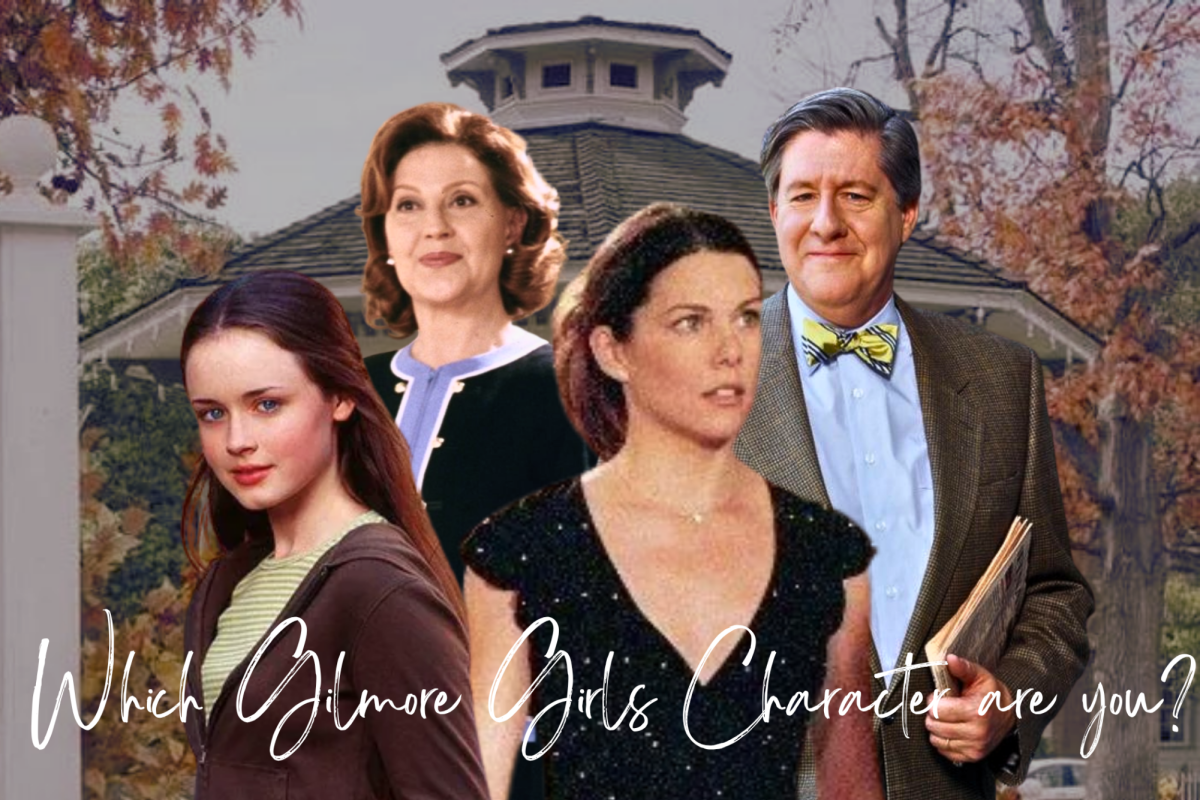“If what I wear is comfortable, I am not a woman. If I shed the layers, I am a s–t. Some people hate what I wear, some people praise it. Some people use it to shame others, some people use it to shame me. While I feel your stares, your disapproval or your sighs of relief, if I lived by them, I’d never be able to move”—this lyric from Billie Eilish’s Where Do We Go album seems to perfectly reflect the realities of existing in our decade.
When we were children, our teachers consistently recited the saying, ‘If you don’t have anything nice to say, don’t say anything at all’ and yet Gen Z has continued the trend of making negative comments on celebrity bodies.
Our online behavior needs to change; we must stop the harassment–especially over things as trivial as appearance.
The Problem
Body shaming is nothing new, and has always been a drawback of being in the spotlight of Hollywood.
The problem has only become more prominent with the rise of social media.
The accessibility and anonymity provided by the comment sections of social media platforms has allowed the effects of body shaming to spread beyond the word of journalists and broadcasters.
For decades the media has pushed unrealistic images of how the female body should look, through movies, television, and print.
With the growth of platforms like Instagram, X, and Tiktok, celebrities are criticized more than ever for their bodies.
Whether it be for being overweight, or unrealistically skinny, tall and lanky, or short and stout, the criticism is relentless.
And no one is safe‒there seems to be no acceptable standard that satisfies everyone; even thin and conventionally attractive celebrities like Selena Gomez have received hate for gaining even a modicum amount of weight.
In Gomez’s case she was “being shamed for gaining weight because of [her] lupus,”–an autoimmune disease which is known to cause weight fluctuation– and yet, callous internet trolls continue to mock her for a side effect which is completely out of her control.
Other celebrities have received similar online hate, like Rising Star Renee Rápp, who has received endless comments on her body since being recognized for her role as Regina George in Mean Girls both on Broadway and in theaters.
Fans of the Mean Girls franchise have expressed their dissatisfaction of her place in the role, not for her acting, but her body.
Commenters compared Rapp to the original queen bee Rachel McAdams, complaining that the new Regina wasn’t thin enough to be an ideal replacement.
Some of Rapp’s fans quickly came to the actress’s defense; one fan took to Instagram to say, “Society has failed if people think Reneé Rapp is fat. She is just a mid-size girly; she must be like a UK size 12, which is just an average size for a girl! Why do we live in a world where people think size 12 is too big? When I say people, I mean men.”
Rapp is in no way considered fat by her fans, and even is she was, so what?
Actors and actresses should be judged on their acting skills rather than the shape of their bodies.
People come in all shapes and sizes and it’s time to destigmatize body types that don’t fall within certain standards.
The Effects of Body Shaming
In this case, as well as countless others, the result of the negative comments had detrimental effects on Rapp’s mental health and exacerbated the eating disorder she was battling at the time.
While she has since overcome her disorder, Rapp said, “Eating disorders don’t just go away and like, you’re healed, like: ‘Sorry, I can eat again, ha ha!’ It’s a lifelong thing. There are battles with addiction and whatever everywhere. I still struggle with it.”
However, not only celebrities and influencers receiving the judgment are adversely affected by this heinous phenomenon.
According to one study referenced by the International OCD Foundation, “Approximately 80% of those with BDD [Body Dysmorphic Disorder] report that they have experienced suicidal thoughts, and about one in four or more have attempted suicide.”
While this is an unsavory topic to discuss, awareness needs to be spread about this issue and the consequences, which need to be heavily considered before people press send when commenting on another person’s body.
The Male Experience
For a long time, the rise in cases of eating disorders and body dysmorphia has been seen primarily in women; however, in recent years more men have spoken out about their own experiences with body shaming.
When it comes to men, it can often go undetected, but one study from CALM revealed that in reality 48% of men have struggled with their mental health due to body image issues and two in five felt pressure to have a perfect body
One example is the exceedingly fit actor, and Game of Thrones heartthrob Richard Madden who said to British Vogue in 2019, “I’ve done numerous jobs where you’re told to lose weight and get to the gym,” recalling casting directors pinching his ‘fat rolls’, “I find myself with actor friends — after we’ve done a kind of barely eating, working-out-twice-a-day, no-carbing thing for these scenes — looking at each other going: ‘We’re just feeding this same [stuff] that we’re against.’”
Singer-songwriter Robbie Willaims has also been very open with fans about the affects of similar ridicule: “I could write a book about self-loathing where my body image is concerned. Like pure self-hatred. The ugliness of feeling ugly… I’m body dysmorphic. The struggle is real.”
Although it is good that male celebrities have begun to speak out on their issues with self-image, it is heartbreaking to see the devastating reverberations of such thoughtless, hateful remarks.
Mens rising experiences with body shaming just proves how urgently we need all genders to be involved in the fight against body shaming.
Body Positivity
Alongside the rise in hate comments on social media has come the introduction of body positivity influencers.
These content creators emphasize loving everyone’s bodies equally and abolishing the impossible standards set in place for society.
One prominent example of a body positivity advocate is plus-sized model, Ashley Graham.
In 2017 in a powerful essay for Lenny Letter, she called out the impossible standards she has been held to as a plus-size model— “To some I’m too curvy. To others I’m too tall, too busty, too loud, and, now, too small — too much, but at the same time not enough. When I post a photo from a ‘good angle’, I receive criticism for looking smaller and selling out. When I post photos showing my cellulite, stretch marks, and rolls, I’m accused of promoting obesity. The cycle of body-shaming needs to end. I’m over it.”
In Conclusion
So long as men, women, and non-binary people alike are happy, healthy, and living their lives to the fullest, what does it matter what they look like, and more importantly what others think about them?
This vicious cycle of body shaming needs to stop and it starts and ends with you.
If anyone personally struggles with body dysmorphia, remember the words of the 1950’s icon Marilyn Monroe, “To all the [people] that think you’re fat because you’re not a size zero, you’re the beautiful one. It’s society who’s ugly.”




